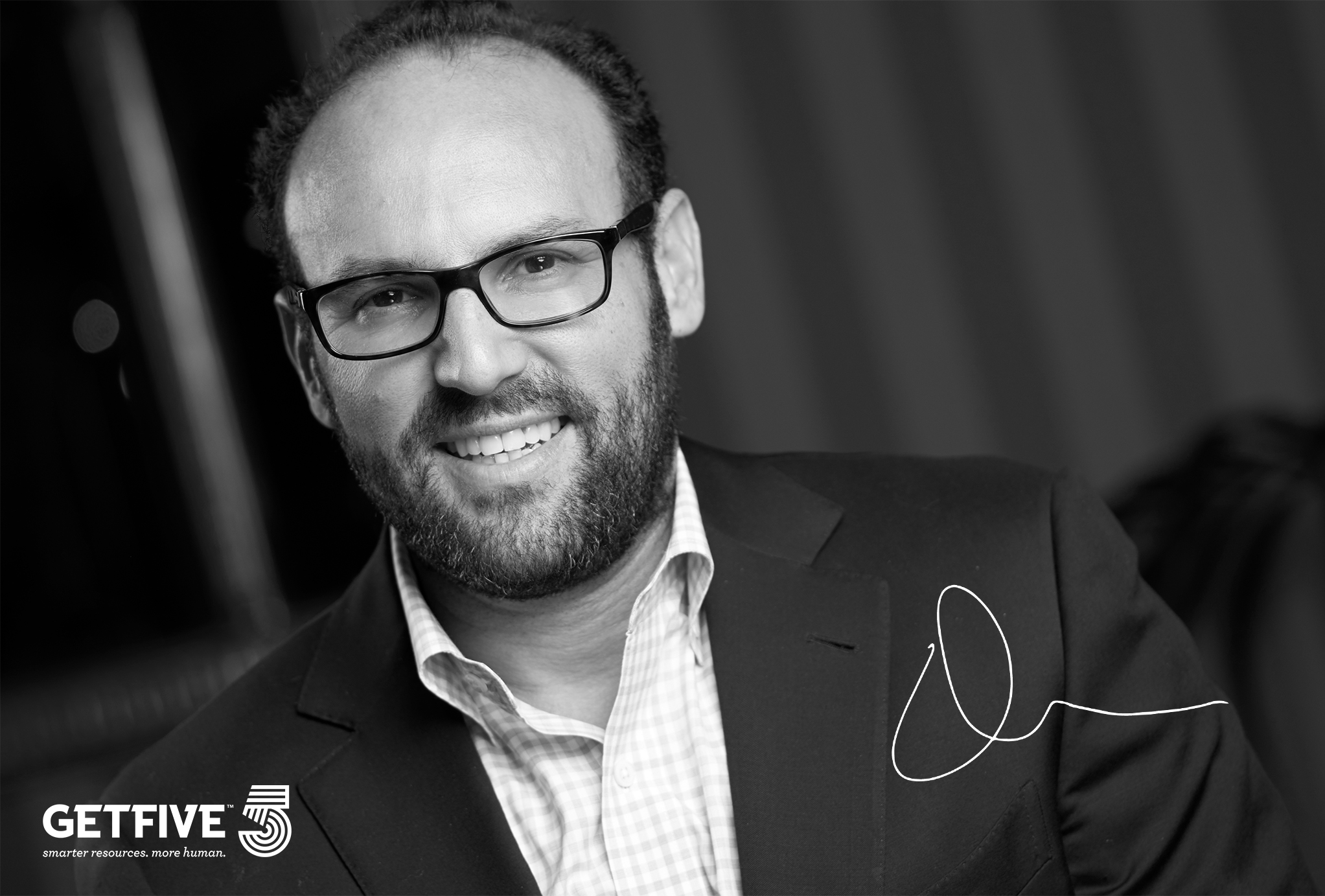Just after Amazon called upon its competitors to raise their minimum wage to $15 (and got some pushback about not paying taxes in return), Bank of America has done one better, announcing yesterday it’s raising its minimum wage to $20 per hour in the next two years and freezing healthcare cost increases for its lower-paid workers.
Do the math, and you’ll see that means full-time, entry-level, hourly workers will be earning about $41,000 per year. That’s huge. The jump in the standard of living for those folks cannot be overstated.
The Federal Labor Standards Act determines the minimum wage, the least an employee can be paid per hour, and right now, the federal minimum wage is sitting at $7.25 per hour. There’s a trend for cities and states to raise their own minimum wages. NYC leads the pack with a $15 minimum wage, with D.C. not far behind. Minimum wages are moving higher at the state level as well, such as Washington State’s move to $12. A gaggle of other states still conform to the Fed’s $7.25, while New Mexico generously bumped it up to $7.50.
Companies, though, like Bank of America and Amazon, are voluntarily raising their own minimum wages, and loudly proclaiming the news. BoA CEO Brian Moynihan and CHRO Sheri Bronstein said the decision to jump to $20 was made because “the company needs the best teams to best serve customers and clients.”
If you read this blog regularly, and even if you don’t, you probably know that the hiring market out there seems to be as brutal as Game of Thrones, with salary being the most powerful weapon in the recruiter’s arsenal. Other things matter too, like benefits, flex time, company culture, and even commute time and hassle. But survey after survey will tell you that, at the end of the day, competitive compensation is the biggest factor when you’re trying to find, hire, and retain good people.
This is going to be an interesting case study to watch about the value of human capital. While it’s true that leading the pack in terms of salary is going to help Bank of America recruit great people, the question is, how will that translate to ROI? How will it impact customer service and the customer experience, known by the jargon of the moment, CX? The financial industry is pivoting constantly right now, reacting to the rise of fintech startups, customers cherry-picking products and services, and expecting everything at the touch of a button on their smartphones. Will being able to attract top people to front-line jobs make Bank of America stand out from its competitors in a measurable way?
Time will tell.









